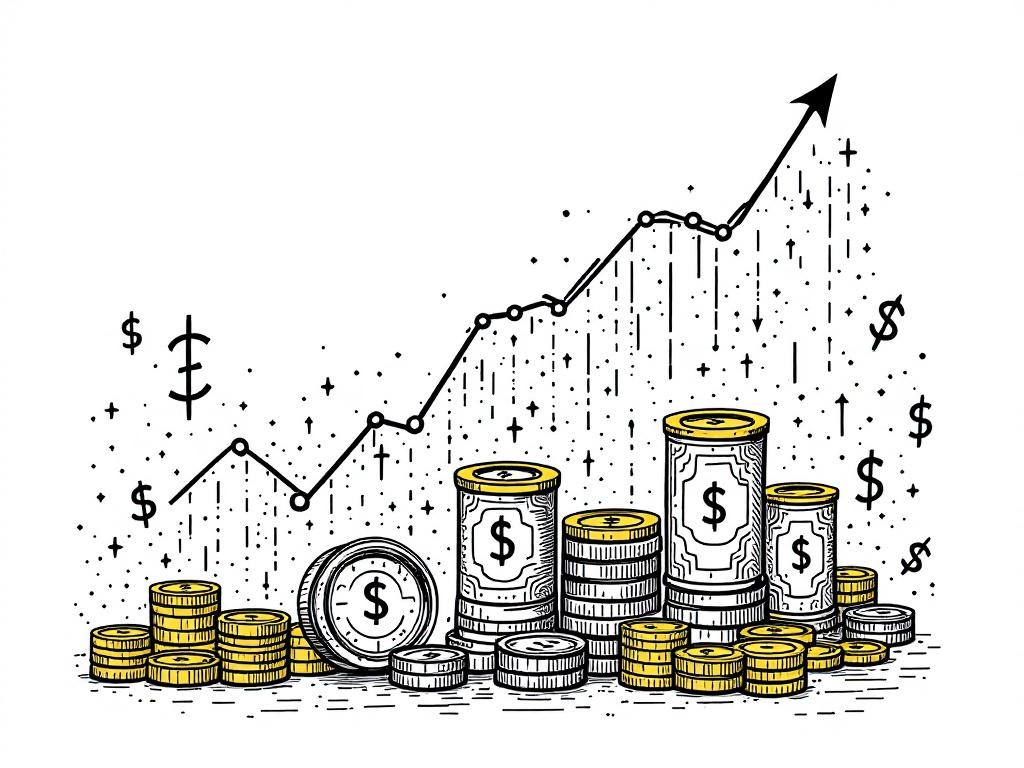Inflation Expectations Stabilize as Tariff Concerns Ease

New York, Wednesday, 9 July 2025.
Inflation expectations have returned to pre-tariff levels, signaling potential economic stabilization. Recent central bank data show consumer expectations for future inflation aligning with early 2025 figures.
Central Bank Insights
The New York Federal Reserve’s recent data indicates that consumer inflation expectations have returned to levels seen before the tariff disputes initiated by President Donald Trump’s administration. The monthly Survey of Consumer Expectations reports a decrease in inflation expectations to 3% for the next 12 months, matching the levels observed in January before any trade tensions emerged [1].
Economic Implications
This stabilization in inflation expectations reflects a broader economic trend, indicating potential benefits for both consumers and businesses. A key aspect of this trend is the reduction in perceived risk regarding inflation spikes, which had earlier been anticipated due to the implementation of tariff policies. Such developments potentially signal a more stable economic environment that could support consumer spending and business planning [1][8].
Current Market Conditions
Recent observations show that while short-term inflation expectations have declined, long-term expectations remain steady at 3% for three years from now and 2.6% for five years out [9]. This steadiness provides confidence that the Federal Reserve can keep long-term inflation expectations anchored, thus reducing the need for aggressive monetary policy interventions in the short term. Further, the public’s outlook on inflation remained largely unchanged last month, as households voiced optimism about their financial conditions due to improved credit accessibility and employment prospects [10][11].
Future Considerations
Looking ahead, potential rate cuts are being considered by the Federal Reserve, which could further support economic recovery and growth if inflation expectations continue to remain stable. The next policy meeting on 29-30 July 2025, will be crucial in determining the direction of interest rates, especially following strong job market reports in June [11]. However, challenges persist as market perceptions have been shaped by trade tensions, and the Federal Reserve has to balance inflation control with economic growth [1][9].
Sources
- www.cnbc.com
- economic-research.bnpparibas.com
- www.marketwatch.com
- www.reuters.com
- bankingjournal.aba.com